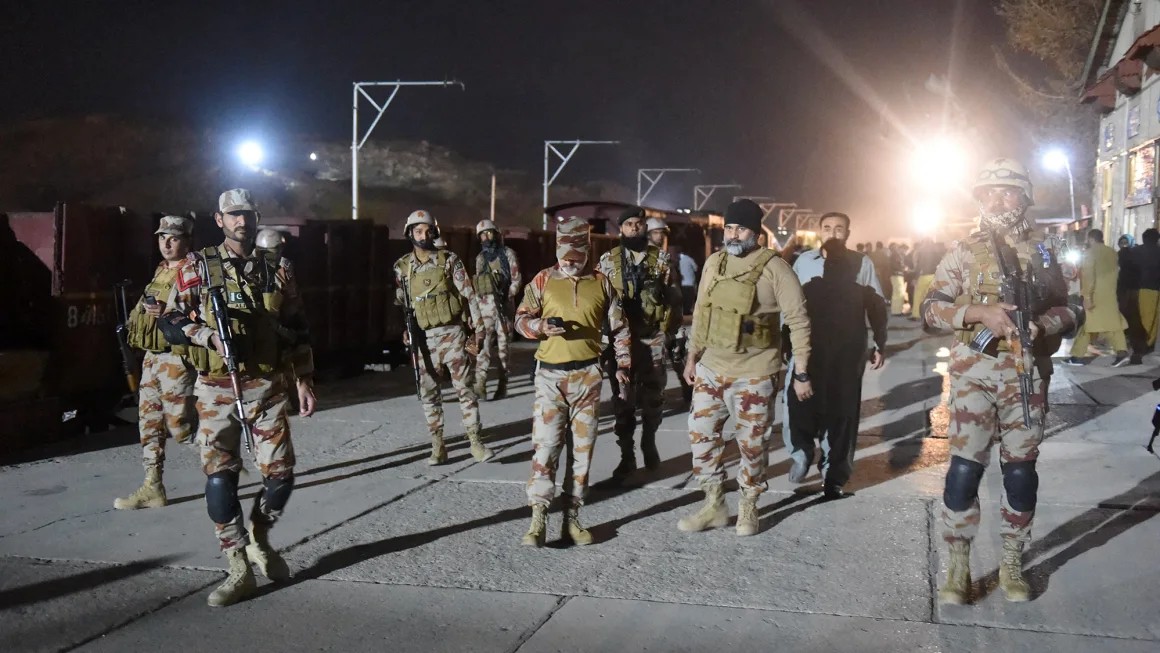Nigeria’s Comptroller General of Customs, Adewale Adeniyi, has given assurance that the country’s recent removal from the Financial Action Task Force grey list on October 24, 2025, is permanent.
Speaking during a briefing ahead of the Customs PACT conference scheduled for November 17 to 19 in Abuja, with the theme “Breaking Barriers, Building Bridges,” Adeniyi outlined how Nigeria achieved the delisting.
He emphasised that sustained reforms, technological upgrades and improved inter-agency collaboration have positioned the nation to avoid any relapse into the grey list.
Nigeria’s exit followed a two-year reform process, after being grey-listed in February 2023 for strategic deficiencies in anti-money laundering and counter-terrorism financing.
The delisting came after Nigeria successfully completed a 19-point reform plan aimed at strengthening AML/CFT systems and reducing risks to the global financial sector.
“The grey list was an infamous list on which Nigeria was harnessed. There were a number of issues that led us into it. But today, through technology and coordination, we have made significant strides to avoid a return to that list,” Adeniyi said.
Highlighting technological improvements, he stated: “One of the things we have done with technology is to deploy the electronic currency declaration form. Now, you have a barcode to scan and the form is downloaded and sent electronically to the Nigeria Financial Intelligence Unit (NFIU) and the Economic and Financial Crimes Commission (EFCC). This has streamlined our processes and enhanced transparency.”
He also cited the deployment of non-intrusive scanners at major ports, including Abuja and Murtala Mohammed International Airports, as vital tools in curbing illicit trade.
“Technology helps a lot, however, critical to success has been the power of coordination, bringing all agencies under one roof to avoid working at cross purposes,” he stated.
Addressing concerns about customs delays at borders, Adeniyi referenced a recent Time Release Study (TRS) conducted at Tin-Can Island Ports. “It is much lower than the seven days sometimes alleged. The study has been validated by operators and the World Customs Organisation. The key is cooperation among all agencies to improve the experience,” he said.
On wider African trade ambitions, he described the C-PACT Conference as an important platform to harmonise customs operations across the continent. “C-PACT represents what we want to achieve; improving African trade, forging partnerships, and bridging barriers. Customs is positioning itself as an agent of the African trade revolution, aligning with the President’s vision for Nigeria as the hub of trade in Africa,” he said.
Discussing rules guiding intra-African trade, he noted: “When it comes to free trade agreements, origin is the operative word. The more transformation a good undergoes in the producing country, the less duty it attracts in the destination country. Under AfCFTA, duties are progressively being reduced to zero.”
On preventing dumping and ensuring fair trade, Adeniyi acknowledged earlier delays in Nigeria’s continental trade participation and the need for robust oversight. He explained: “There are measures in agreements to manage dumping, especially through rules of origin. The challenge is building capacity among customs and economic operators on these rules.”
Speaking on illicit trade and smuggling, he stressed the need for intelligence-driven operations supported by technology. “We have continued to adapt strategies to combat increasingly sophisticated smuggling networks, leveraging technology and coordinated enforcement,” he said.
He concluded by appreciating customs personnel, government leaders, stakeholders and the media for their roles in strengthening Nigeria’s customs reforms. “Your commitment continues to drive our achievements and reinforces our position as a critical institution in Nigeria’s economic and security architecture,” he stated.











